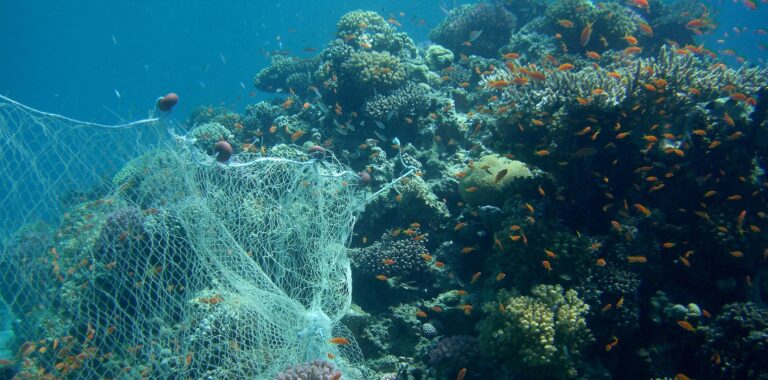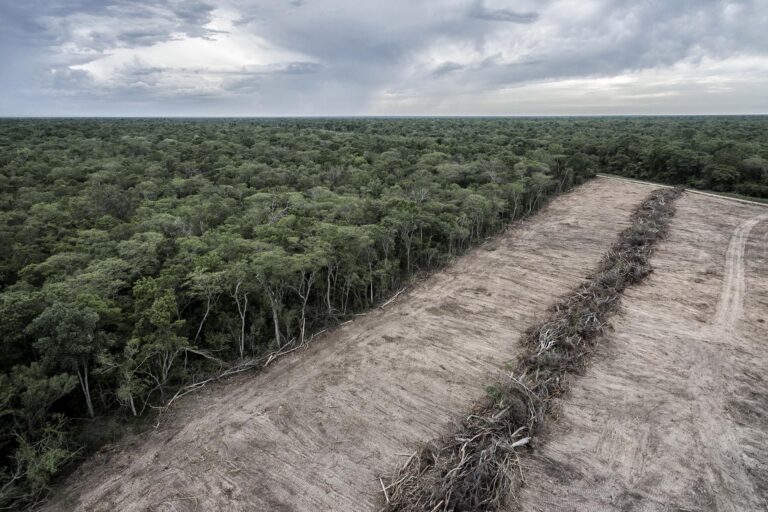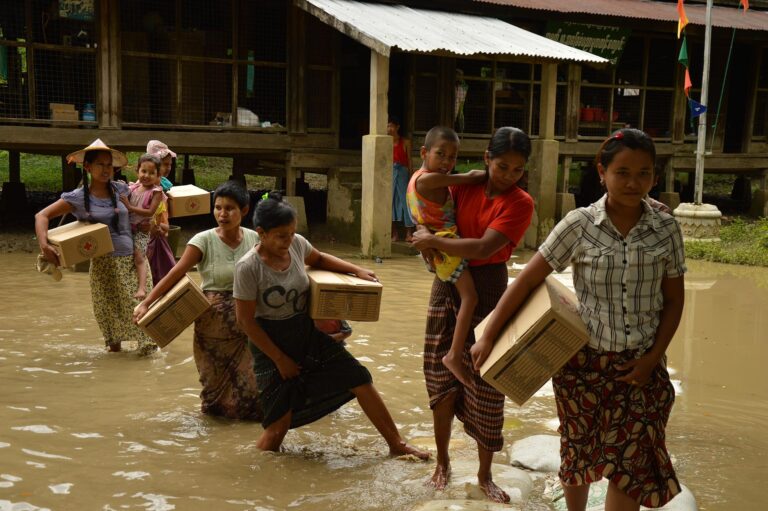Bottom trawling is a destructive method of fishing in which a heavy, weighted...Read More
Free, Prior, & Informed Consent
Obtaining the free, prior, and informed consent (FPIC) from indigenous and local communities is a human rights norm rooted in fundamental rights enshrined by international human rights conventions, including the rights to self-determination and to be free from racial discrimination. FPIC standards and guidelines typically include provisions related to the process for obtaining consent, the types of information that must be provided to the affected indigenous peoples, and the consequences of withholding consent.
There are several international standards and guidelines that provide guidance on how to implement FPIC in practice. Adopted by the UN General Assembly in 2007, the UN Declaration on the Rights of Indigenous Peoples provides that states shall consult and cooperate with Indigenous peoples “to obtain their free, prior and informed consent” before adopting measures that may affect them, including those related to land or natural resources. The Declaration has the support of all but 11 countries, and is increasingly treated as a mandatory minimum standard.
ILO Convention 169, which was adopted in 1989 and went into force in 1991, states that Indigenous Peoples “shall have the right to decide their own priorities for the process of development as it affects their lives, beliefs, institutions and spiritual wellbeing and the lands they occupy or otherwise use, and to exercise control, to the extent possible, over their own economic, social, and cultural development. In addition, they shall participate in the formulation, implementation and evaluation of plans and programmes for national and regional development which may affect them directly.” The ILO Convention, which is legally binding, has been ratified by 24 countries to date.
The World Bank’s Environmental and Social Framework also contain FPIC requirements. The World Bank uses the term Indigenous Peoples and Local Communities (IPLCs) to describe the people their climate change policies are supposed to support and protect.
Businesses also have a responsibility to respect the principles of FPIC as part of their broader responsibility to respect human rights. Specifically, under the UN Guiding Principles on Business and Human Rights, businesses should avoid causing or contributing to adverse impacts on these rights through their own activities, and seek to prevent or mitigate the impacts of enterprises in their value chains.
In April 2023, the European Parliament approved a new law requiring E.U.-based businesses to ensure that certain imports and exports are deforestation-free and respect FPIC rights, among other human rights. The currently covered products include palm oil, soy, coffee, cocoa, rubber, cattle, and wood.
In many instances, climate-warming activities—such as deforestation for agricultural production or mining projects—occur on Indigenous lands in violation of FPIC norms. Upholding FPIC rights thus plays an important role in fighting climate change. At the same time, climate mitigation measures—including carbon credits for preserving forests and the extraction of minerals for clean energies—have also been undertaken without securing FPIC and in ways that violate the rights of those living on the land. Respecting FPIC obligations is essential to ensuring that those least responsible for global warming do not unjustly bear the cost of efforts to combat it.
Photo Credit: Voting on the chapter on indigenous rights in the Constitutional Assembly in the National Congress, Brasília, 1988. Photo is in the public domain.
More reading...
One of the most urgent challenges for global efforts to address the climate...Read More
Climate change and the environmental degradation it causes lead to the violation of...Read More
The right to the enjoyment of the highest attainable standard of physical and...Read More
Carbon capture and sequestration (CCS) is a climate change mitigation strategy that aims...Read More






